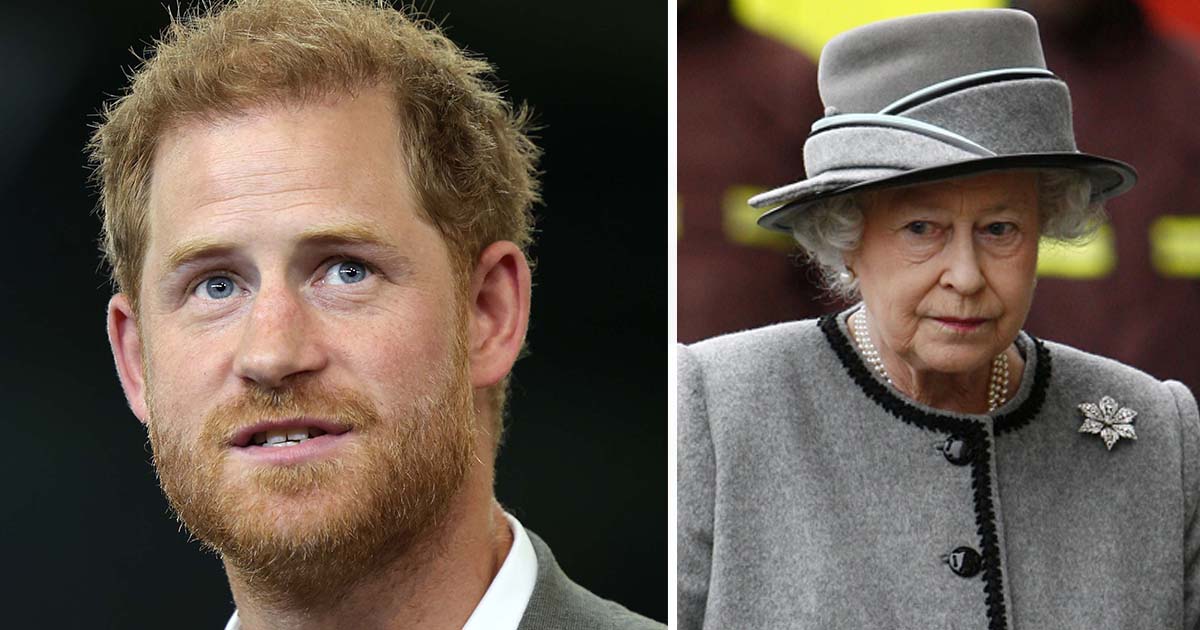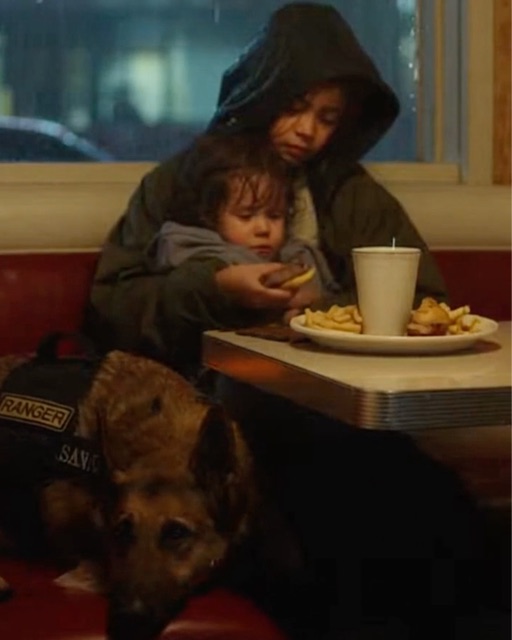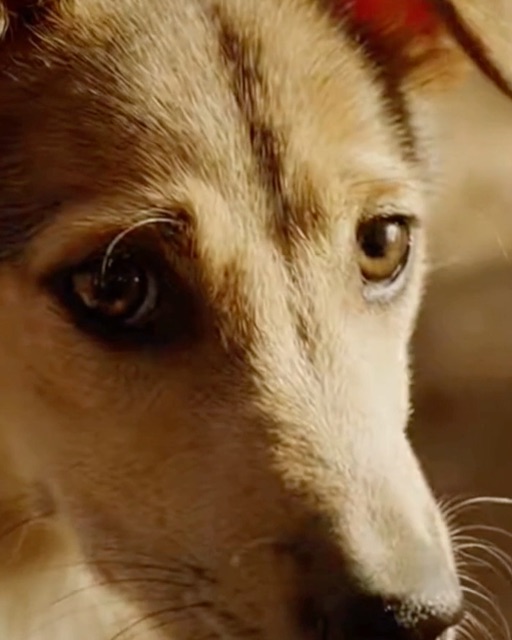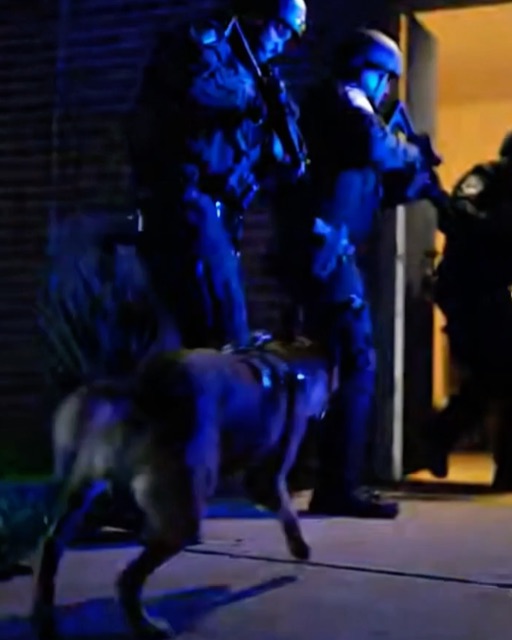In 2019, Prince Harry and Meghan Markle welcomed their first child, Archie. Two years later, they had a daughter, whose name choice left many quite surprised. The couple chose ‘Lilibet,’ after the Queen, even though they had already stepped away from their royal duties. Some felt it was an inappropriate gesture.
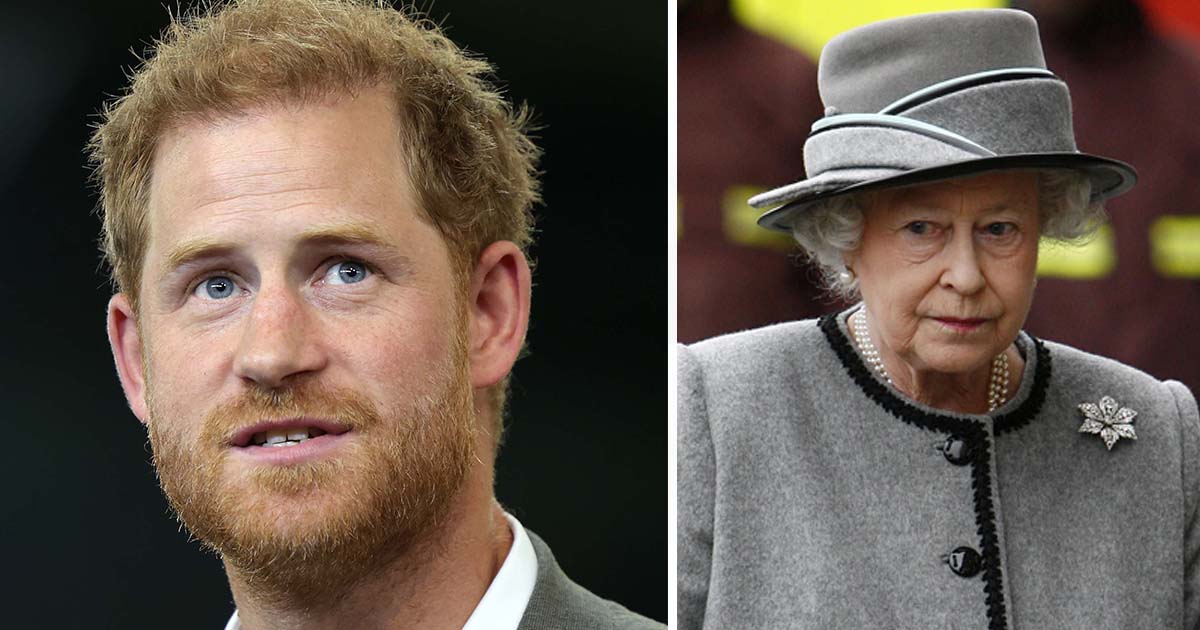
Although Lilibet was born in the US, she only met the Queen once. That much-anticipated meeting didn’t go as expected; the Queen opted not to take a picture with her great-granddaughter. Now, a royal author suggests that Harry knew naming his daughter ‘Lilibet’ could stir up trouble. The Duke of Sussex might have anticipated potential issues from this decision.
In his memoir, Harry didn’t shy away from criticizing the Royal Family. Members including King Charles, Queen Consort Camilla, Prince William, and Kate Middleton were all targets of his openness, revealing new insights into royal life.
Additionally, Harry mentioned not being invited to William and Kate’s home for playdates with their children, particularly expressing his fears about the children’s future roles in the family.
Conversing at length, Harry aired grievances about how both he and Meghan were treated within the family. His book also shared joyous anecdotes, providing glimpses into their lives, such as detailing the births of their children, Archie and Lilibet, and how they navigated those personal experiences.
Archie was born in London’s Portland Hospital, a time met with intense media attention. However, Harry was particularly careful not to divulge too much to the press.
Lilibet’s birth was a different story; living in California by then, the couple enjoyed some relief from the British media’s scrutiny. They chose to keep many details few and far between surrounding Lilibet’s arrival.
The announcement read, “Lili was born on Friday, June 4, at 11:40 a.m. in the trusted care of the doctors and staff at Santa Barbara Cottage Hospital in Santa Barbara, CA. She weighed 7 lbs 11 oz. Both mother and child are healthy and well and settling in at home.”
Even with strained family relations, royal members extended congratulations to the new parents.
During their televised interview with Oprah, Meghan and Harry revealed they were expecting a girl, confirming she’d be their last child. Speculation about what they’d name their daughter soon followed this announcement.
The Story Behind Lilibet’s Name
While Archie Harrison Mountbatten-Windsor bears no link to the royal lineage, it’s a name common in the UK representing “genuine” or “brave.” Yet, the meaning behind ‘Lilibet’ holds a significant royal connection. Early talks with insiders suggested Diana, as a name, would bring undue pressure on their daughter.
‘Lilibet’ is tied directly to Queen Elizabeth, a nickname she earned as a child struggling to pronounce her own name. Her grandfather, King George V, fondly called her ‘Lilibet,’ as did her late husband, Prince Philip.
Prince Philip once wrote to his mother-in-law describing ‘Lilibet’ as the only thing truly real to him, emphasizing its personal connection. Meanwhile, Harry and Meghan’s daughter will be known as “Lili.”
Did the Name Lilibet Pose a Risk?
Honoring both the Queen and Princess Diana with their daughter’s name seems commendable, yet some argue the choice has layers of complexity. Criticism quickly followed Lilibet’s birth, querying the appropriateness of using such a personal moniker from the Queen’s private life.
Richard Kay, a royal commentator, suggested the name choice might be perceived as overstepping, especially for a child eighth in line to the throne residing in America.
Questions arose about Prince Charles’ feelings on the name, considering its intimate association with his mother. If Prince Philip, the only person to use this nickname for the Queen, had still been alive, would Harry have made the same choice?
Angela Levin, a royal expert, commented that while it was seen as honorific, the use of such a private name might have been offensive to the Queen. It’s noted Prince Charles never referred to his mother that way, highlighting its exclusivity.
Lilibet’s first birthday on the grounds of Frogmore Cottage marked another chance for royal family interactions. Despite inviting William and Kate to extend peace, they did not attend; Queen Elizabeth, however, did.
The Queen and Lilibet’s First Meeting
Meeting her latest grandchild, the Queen maintained her private approach, avoiding photographs due to a bloodshot eye, thus preserving the event’s privacy.
Royal expert Camilla Tominey reported that while Harry and Meghan wanted mementos of the first family meeting with Lilibet, those plans were advised against to maintain the private nature of the gathering.
Royal authors speculate on the naming decision’s foresight and implications, with some indicating Harry should have predicted controversy given the name’s significance. Author Tom Quinn noted the gesture as a potential misunderstanding between American and British cultural views.
Quinn acknowledges that while Meghan likely saw naming her daughter after the Queen as an honor, from a UK perspective, it may appear inappropriate. This public – private name usage debate highlights broader cultural dissonance surrounding their choices.
As community sentiments continue to swirl, how the choice resonates with royal observers remains a talking point, challenging societal norms and familial bonds.
Reflections on Naming Lilibet
Do you think Harry and Meghan’s decision to name their daughter after the Queen was fitting, or did it cross a line? Ponder on these family dynamics and share your thoughts. Let’s discuss how royal traditions mesh with modern family values.
